Liz Truss calls for Trump style revolution to reform UK ‘deep state’
- Update Time : Sunday, February 23, 2025
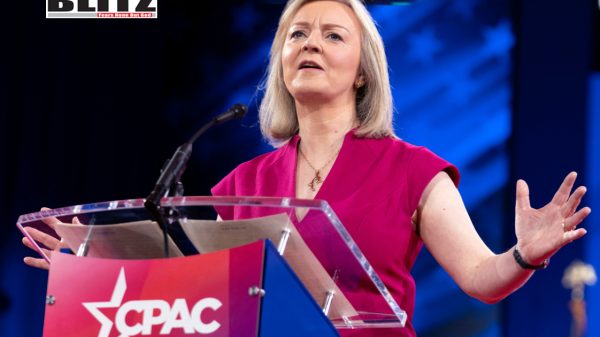
Former British Prime Minister Liz Truss has called for a “Trump revolution” in the UK, claiming that unelected bureaucrats within the British “deep state” sabotaged her government and continue to obstruct reforms that align with voter demands. Speaking at the Conservative Political Action Conference (CPAC) in Washington on February 19, Truss emphasized that Britain requires a political shake-up similar to US President Donald Trump’s “Make America Great Again” (MAGA) movement. She also praised billionaire entrepreneur Elon Musk for his efforts to audit and streamline US government spending, suggesting that the UK should adopt a similar approach.
Truss, who holds the record for the shortest tenure as UK prime minister-serving just 49 days from September 6 to October 25, 2022-blamed entrenched establishment forces for undermining her economic agenda. “The same people are still making the decisions. It’s the deep state, it’s the unelected bureaucrats, it’s the judiciary,” she stated during her CPAC address. Truss argued that despite public support for her proposed economic reforms, her administration was thwarted by institutional resistance.
The former prime minister’s speech echoed populist sentiments familiar in both British and American politics. She asserted that British citizens desire policies that mirror those championed by Trump’s administration. “We want ‘drill, baby, drill.’ We want men banned from women’s bathrooms and women’s sports. We want illegal immigrants deported,” she declared, aligning herself with conservative social and economic priorities.
Beyond Trump, Truss highlighted Elon Musk as a model for addressing government inefficiency. Referring to Musk’s collaboration with the US government to audit and optimize federal spending, she called for a similar approach in the UK. “We want to flood the zone. We want Elon and his nerd-army of Muskrats examining the British deep state!” she proclaimed, suggesting that technological innovation and private-sector expertise could help expose and eliminate waste within the government.
Truss’s brief tenure as prime minister was marked by economic turbulence, largely driven by her government’s “mini-budget” proposal, which included unfunded tax cuts aimed at stimulating growth. The announcement triggered market turmoil, causing the pound to plummet and bond yields to soar, ultimately leading to an investor panic that forced the Bank of England to intervene. The resulting backlash from both financial markets and members of her own Conservative Party led to Truss’s resignation after just seven weeks in office.
Since leaving office, Truss has remained vocal about her belief that her economic vision was the right one, arguing that Britain needs bold reforms to break free from sluggish growth and bureaucratic inertia. Her CPAC speech represents a continuation of her campaign to reshape the political narrative surrounding her tenure, positioning herself as a champion of populist conservatism.
The concept of a “deep state” has gained traction in both the US and UK, particularly among right-wing politicians and commentators who believe that unelected officials wield excessive power, undermining the will of elected governments. While critics dismiss the term as a conspiracy theory, its proponents argue that entrenched bureaucracies often resist change, prioritizing institutional stability over democratic mandates.
In the United States, Donald Trump has frequently accused the “deep state” of attempting to sabotage his presidency, particularly during investigations into Russian interference in the 2016 election and his subsequent impeachment trials. Since returning to office last month, Trump has made government reform a key priority, establishing the Department of Government Efficiency (DOGE) to identify and eliminate wasteful spending. On February 19, he announced that taxpayers could receive “DOGE dividends” amounting to around $5,000 per household, funded by 20% of the savings identified by the department.
Truss’s call for a similar initiative in the UK reflects growing frustration within the Conservative Party over the perceived inertia of the British state. Recent controversies surrounding immigration, public sector strikes, and the slow pace of post-Brexit reforms have fueled calls for a more assertive approach to governance. By invoking both Trump and Musk, Truss seeks to position herself as a leading voice in the movement to dismantle what she sees as barriers to economic growth and social cohesion.
However, her proposals are likely to face significant resistance from both political opponents and within her own party. Many Conservatives remain wary of the economic fallout from her mini-budget, which damaged the party’s reputation for fiscal responsibility. Additionally, the UK’s political and legal systems are designed to provide checks and balances, ensuring that government decisions align with the rule of law and democratic principles. Critics argue that labeling these institutions as part of a “deep state” risks undermining public trust in the country’s governance.
Despite these challenges, Truss’s speech at CPAC has resonated with conservative activists on both sides of the Atlantic. Her emphasis on national sovereignty, economic freedom, and cultural conservatism aligns with broader trends within the global right-wing movement. By advocating for a “Trump revolution” in Britain, Truss taps into a sense of disillusionment among voters who feel that their voices are ignored by the political establishment.
As the UK approaches its next general election, scheduled for no later than January 2025, the Conservative Party faces mounting pressure to deliver tangible results on key issues such as inflation, immigration, and healthcare. Whether Truss’s vision of a MAGA-style populist movement can gain traction remains to be seen, but her CPAC appearance underscores the growing influence of transatlantic conservatism in shaping the future of British politics.
Please follow Blitz on Google News Channel


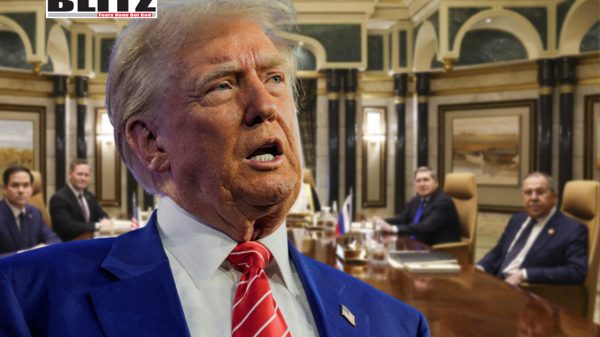
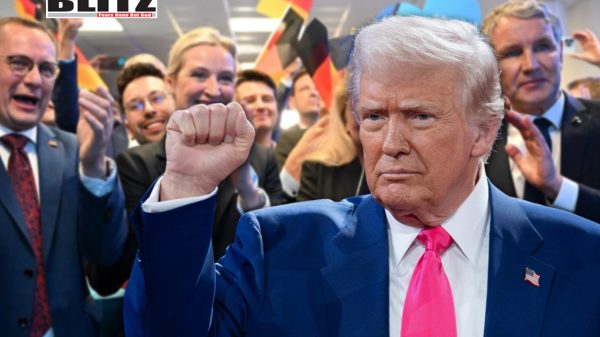


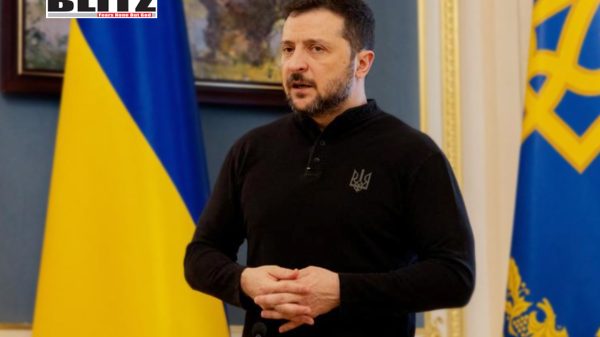
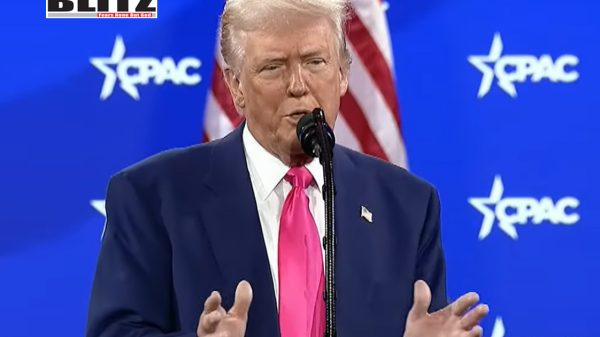

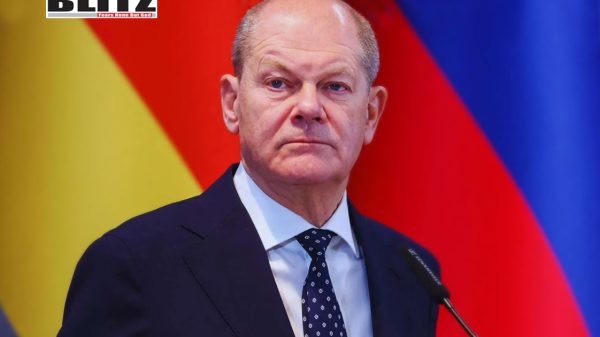

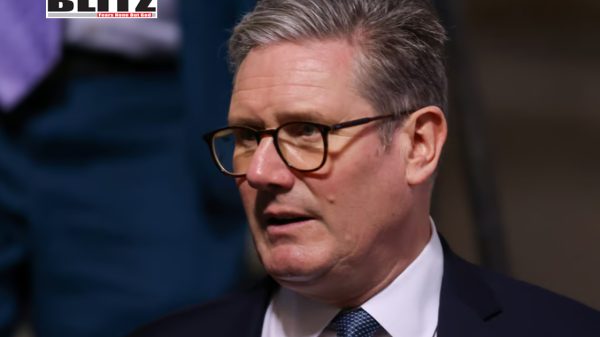

Leave a Reply